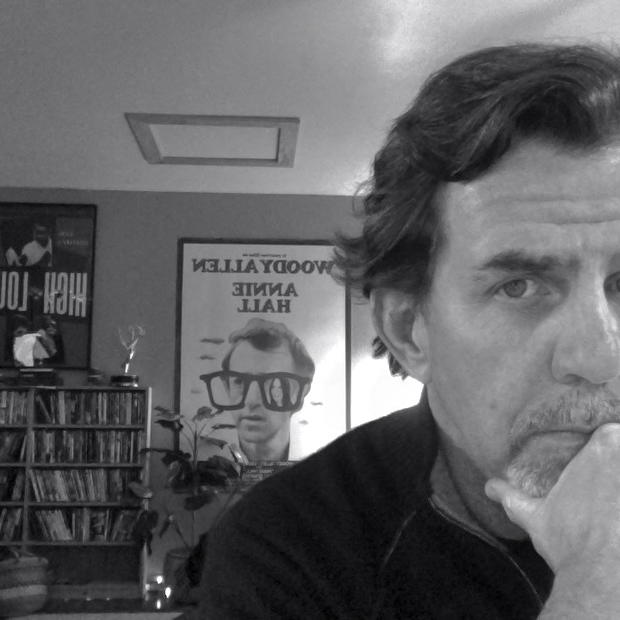An atmosphere of seething violence permeates every frame of Starred Up, a brutal drama about an angry young man’s near deadly indoctrination into the mayhem of the British prison system. The film, which opens Friday, Sept. 5 at SIFF Cinema, is certainly tough to watch and even harder to understand, given the working class argot of the inmates. But these qualities contribute to its gripping authenticity. Director David Mackenzie also refuses (mostly) to indulge any need we might have for a feel-good ending. In the world of his film redemption is non-existent, rehabilitation comes in slivers and survival is the only reason to get up in the morning.
Jack O’Connell stars as Eric Love, the embattled teenager whose last name is a cruel joke. The one thing Eric appears to have never had is love. His mother is dead and his convict father left him a legacy of crime and hate, which Eric is now able to personally display for the man, since his father is also a longtime resident of the same prison Eric is sent to.
The tension between son and father plays out in unpredictable confrontations. One minute Eric’s dad, Neville, is offering helpful advice and protection; the next he is violently disrupting his son’s anger management therapy sessions. It’s no wonder Eric is a hard-wired ball of hostility.
Neville’s parenting skills involve punching, slapping, bellowing threats and barking orders, followed sometimes by a misguided pat on the head. As played by Ben Mendelsohn, an Australian leading man relegated to villainous supporting parts in American films, Neville Love is intense and explosive and utterly unable to help his son navigate the tripwires of the penal system or instill in him the need to keep a cool head. These two actors, and a cellblock’s worth of galvanizing bit players, make for riveting viewing.
Mackenzie opens the film with a near wordless sequence as Eric arrives at the prison. We can quickly see for ourselves that he is no innocent lamb being led to slaughter. An early set piece has him adroitly crafting a weapon out of a disposable razor, a toothbrush and a lighter. His bludgeoning of a fellow inmate seems calculated to invite retribution from the guards. And his mouthy attitude certifies him as resolutely unsympathetic.
It is therefore stretch in credibility when Eric is singled out for group therapy by a zealous counselor (Rupert Friend), whose methods are loosely based on the experience of the film’s screenwriter, Jonathan Asser. Eric is then — too quickly, it seems — made a candidate for protection by the group’s other members, who all happen to be black, a detail that infuriates dad. The therapy sessions are the movie’s least convincing scenes, yet they provide most of the fuel for the ensuing conflicts.
Taken as a hardcore essay on the systemic barbarity of prison life and the hereditary violence of poorly educated men in the working class confines of the U.K., Starred Up is vital and bracing. The daily noise of a raucous cellblock is enough to give you nightmares, and the transactional nature of the guard-prisoner relationship is discomfiting. In fact, the guards are depicted as murderous and duplicitous, hardly a group you’d take your problems to.
The movie stumbles when it gins up a hard-to-swallow third act climax designed to bring Eric and Neville closer together. Their final exchange, the movie’s only nod to a softening of mood, feels unearned and faintly hollow, even though it is meant to convey so much more. The only thing that truly matters in this film, as Mackenzie and his dedicated cast so forcefully show us, is the relentless, agitating reality of day-to-day life behind bars.
This post originally appear on Rustin Thompson's "The Restless Critic" Blog.


